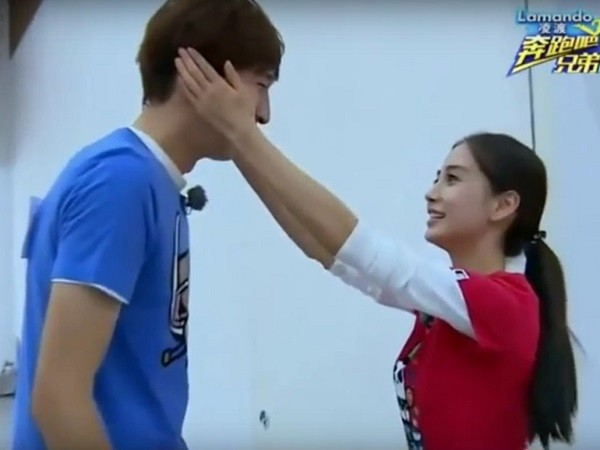Reality-based shows are no longer new, not even in the country, but they continue to sell. Add some celebrities among the roster of contestants, or better still, make them the exclusive stars of the show and ratings will most likely soar higher than Dubai’s Burj Khalifa.
People want to see people’s first-hand reaction when challenged, provoked or angered; when they are joyful, hurting or disappointed; and when they scheme, backstab or lie. After all, it’s a reality show. Everything, ideally, is expected to be spontaneous and natural.
Considering the liberal minds of Westerners, some European and American-produced reality shows may not get the nod of media regulators in conservative Asia, particularly in China.
Network executives and TV producers were among the 120 participants of the training conducted by the State Administration of Press, Publication, Radio, Film and Television (SAPPRFT) on Aug. 25 regarding the appropriate ways of executing a reality show.
Chinese networks, banking on the huge popularity of some reality shows created abroad, invested millions of dollars for their franchise.
Dozens of reality shows already aired--some still airing--in the country, such as the franchise of or inspired by mega-successful shows, “Got Talent,” “Pop Idol,” “Survivor,” The Amazing Race,” “The Voice” and “The X-Factor.”
Celebrities are constantly hired despite the number of zeroes their names command. Producers and network bosses know that the viewing public would be interested to see these stars show their supposed “real” selves, particularly during their seemingly unguarded moments.
Tian Jin, deputy director of SAPPRFT, said that reality shows should cast ordinary people and not a bunch of celebrities, reported the Global Times. Tian also said that reality shows should be “independently creative” and “develop original shows” that have traces of Chinese culture.
SAPPRFT posted on its website on July 22 six things that reality shows must have or do, namely, “integrate core values,” “show ideological, cultural and social significance,” “vigorously promote innovation and excellence,” get “ordinary people” and “avoid stars,” say no to anything “vulgar” and “guide (the show’s) healthy development.”
The country’s official media regulator likewise emphasized that reality shows must be “rooted in Chinese traditional culture.”
Face-to-face confrontations peppered with some vulgar words are best-sellers in some reality shows, especially if it is a pool or beach scene and the ones involved are two gorgeous blondes in skimpy swimsuits.
“Big Brother” from the Netherlands is one reality show notorious for moments that might be deemed scandalous or shocking by some conservative nations. Distributed in many parts of the globe, some versions show actual sexual activities and nudity.
Youku will broadcast “Big Brother China” before the year ends, and given the strict censorship in the country, it can be expected to be a milder version of the original format.
SAPPRFT will continue to guard the unguarded moments in reality shows.



























